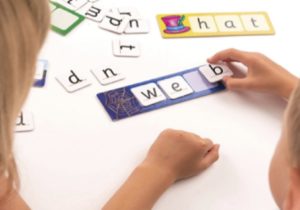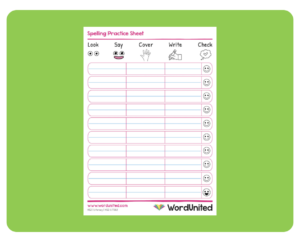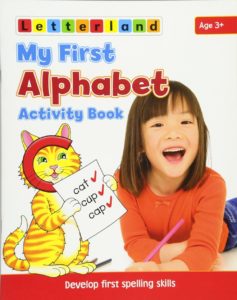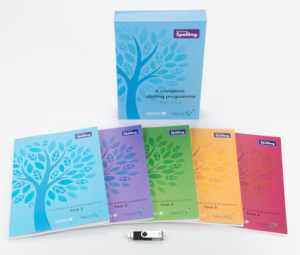No products in the cart.
7 Tips to Help Children Learn to Spell
September 14, 2019
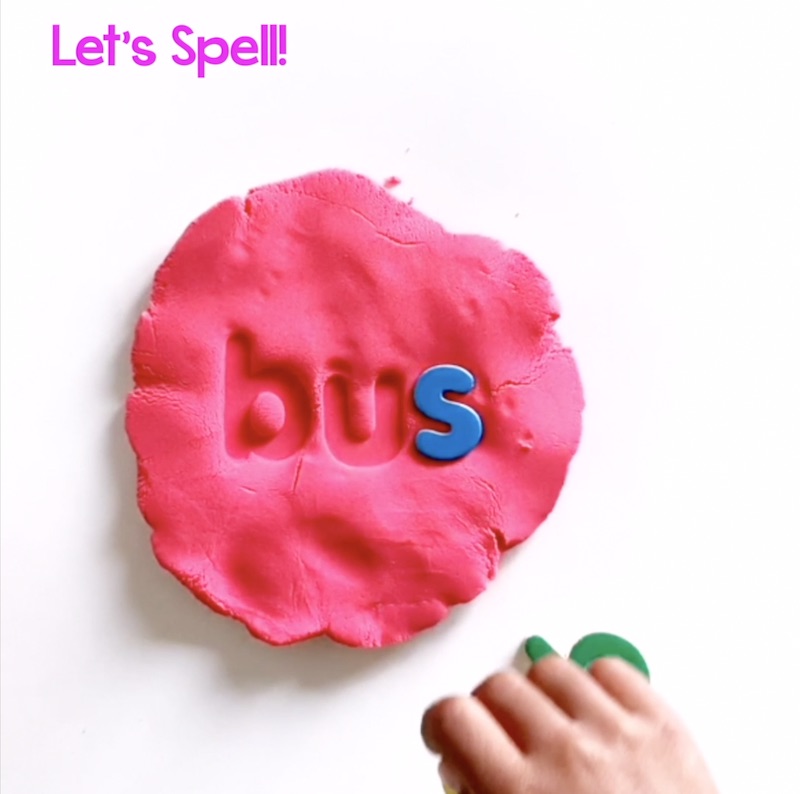
Wondering how children learn to spell? Discover fun ideas for children to develop early spelling skills here. Read our top 7 tips to help kids learn to spell, watch the “Let’s Spell” video and download our free spelling and literacy resources.
Spelling is a skill acquired over many years and can be improved with learning alphabet letters, playing literacy games and using spelling tricks and kits. This blogpost will point you in the direction of free spelling worksheets and fun spelling activities like Orchard Toys jigsaws and Letterland books.
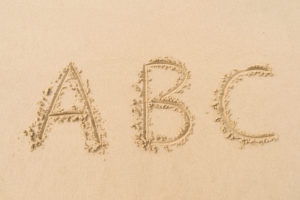
-
Alphabet Sensory Play
Before children can learn to spell, they need to know the alphabet, as letters are required to construct words. Little ones enjoy learning alphabet letters from a young age, usually beginning with the renowned Alphabet Song. Once children know the letters of the alphabet, they can begin to place letters together to form words. However, remembering the spelling of such words can be a tricky ordeal! Combine sensory play and spelling to create fun-packed learning opportunities and develop motor skills. Little hands will enjoy writing words in sand, play dough, shaving foam and poster paint. Not only will they develop early spelling skills, but kids will also improve their hand muscle strength and hand-eye coordination.
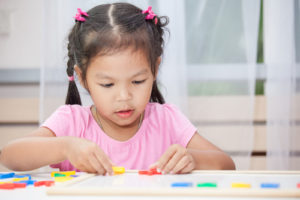
-
Jumbled Letters Game
An excellent activity to help children save spellings to their memory is the jumbled letters game. Use magnetic letters on a whiteboard or print and cut out letters from a piece of paper. Start out with CVC words such as cat; these follow a pattern of consonant, vowel, consonant with letters that reflect their sounds. This means that children can sound out the word to enable them to spell it and practice blending the different sounds together to form each word. Children can then read the word, jumble up the letters and try to reconstruct the word using their magnetic letters. As kids grow older, they can move on to more difficult spellings. It is useful to breakdown each word and underline the various sounds.
-
Kids Learning Toys for Spelling
There are many kids learning toys and literacy games that support children learning to spell. Phonics games are great for developing knowledge of which letters make certain sounds. Without an awareness of phonics, children may struggle to spell sounds such as “igh” and “tion”. Try playing phonics dominoes to learn short and long vowels, blends and digraphs, which are wonderful examples of literacy games KS2 and below. Orchard Toys jigsaws are also fabulous games to support spelling. Some of our favourites Orchard Toys jigsaws for spelling are Pass the Word and Match & Spell. These games encourage children to match letter shapes and sounds to better their spelling skills. Threading and lacing lowercase alphabet is another handy resource to practice spellings in an enjoyable way, whilst also evolving hand-eye coordination and fine motor skills.
-
Spelling Worksheets
With multiple columns to remember and write the words, spelling worksheets are a wonderful way for children to practice and retain the memory of their weekly spellings. Plus, spelling worksheets can help to improve independence, as children learn how to check their own work. Download WordUnited’s free spelling template here, then print and laminate to use time and time again! With five simple steps (look, say, cover, write and check), children can learn new spellings and enjoy the bright colours and illustrations on this helpful resource.
-
Literacy Games and Letterland Books for Spelling
Letterland books such as My First Alphabet and My Second Alphabet assist children in developing early spelling skills and discovering how to spell whole words. Perfect for learning at home, Letterland books are bright and contain carefully sequence activities to help kids build spelling skills. Looking to improve spellings for 6 year olds? Check out this Scholastic workbook. WordUnited’s Let’s Read series is an excellent resources for easily distracted children to learn all the sounds in English. For literacy games KS2, curious minds will like BrainBox English memory game. This bestselling card game boosts memory, observation skills and social skills in addition to enhancing spelling skills.

-
Music and Mnemonics Spelling Tricks
Get those creative juices flowing and make a song or mnemonic to help children remember difficult spellings! Just as little children learn the alphabet through song, older children can use music and rhyme too. Kids will find it entertaining to make their own spelling song or fit spellings to their favourite songs, so grab a microphone and sing those spellings! Mnemonics are also an extremely useful tool to remember how to spell words and excellent examples of literacy games KS2. For example, as shown on The School Run, “Big ElephantsCan’t Always Understand Little Elephants” can help kids remember the word “because”. See what memorable mnemonics your kids can create!
-
No Nonsense Spelling Kit
Teachers will love No Nonsense Spelling! Designed specifically to meet standards of the National Curriculum in education, No Nonsense Spelling kit is created by teachers for teachers. The fully comprehensive program covers year 2 spellings worksheets to year 6 spelling worksheets. Each kit contains five teacher books and a USB with editable resources and video guidance, providing spellings for 6 year olds and above. Click here to see a sample of No Nonsense Spelling.
Find more free resources, kids learning toys and engaging books to help children spell here!



 01782 698558
01782 698558


